
Achieving financial freedom is a goal for many people, but often it seems out of reach. Getting out of debt is a struggle, especially for those with a car payment, mortgage, and a pile of student loans still haunting them.
The good news is you can be well on your way to a secure and comfortable future. Here are 12 actionable steps you can take now to finally eliminate debt and achieve lasting financial freedom.
1. Acknowledge Your Debt
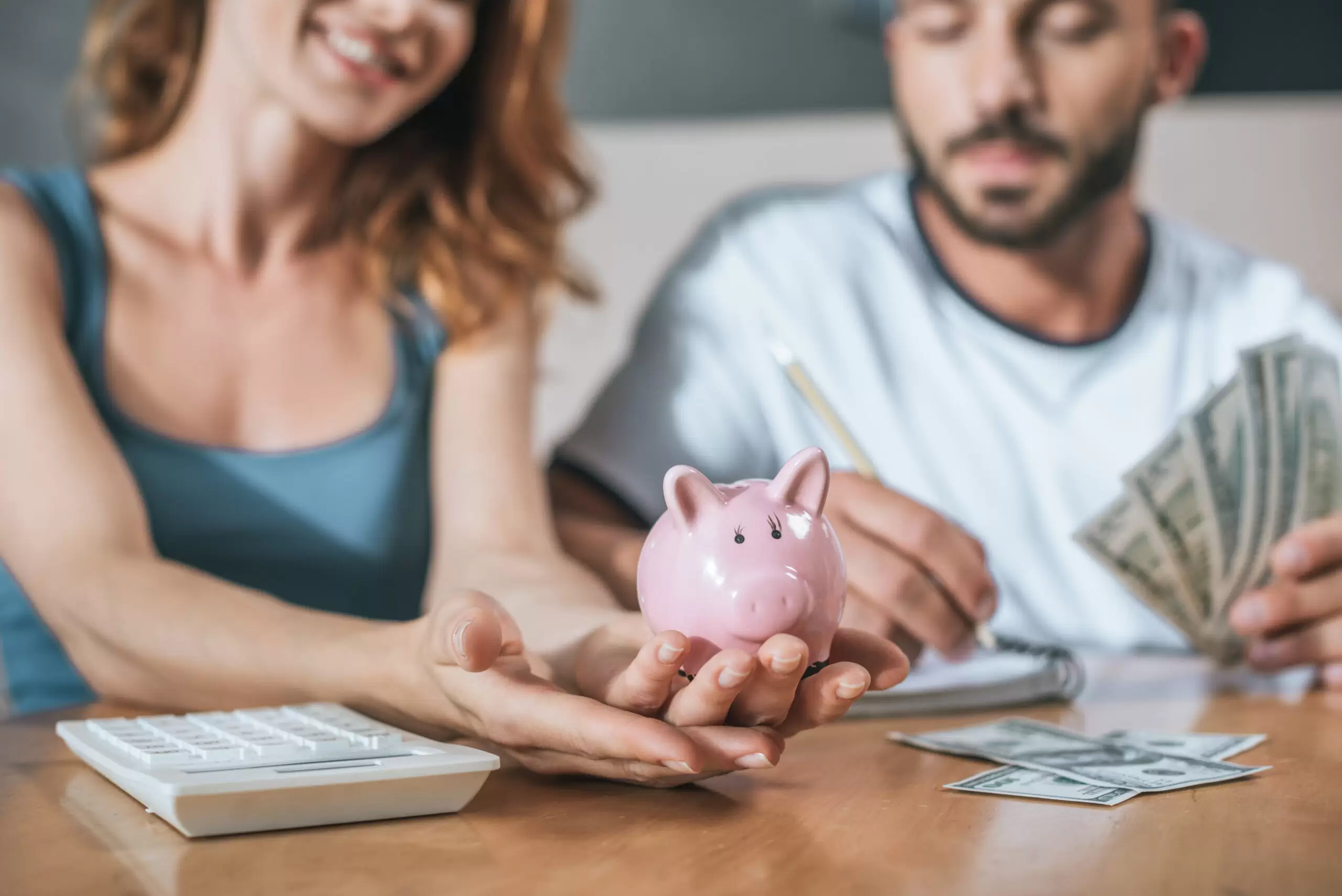
Acceptance is always the first step. You need to fully acknowledge the extent of what you owe to see the big picture and come up with a plan for paying it all off.
Gather all financial statements and bills, and make a comprehensive list of all your debts, including interest rates and due dates. Understanding the total amount of debt and how it breaks down is crucial for creating an effective repayment plan.
2. Create a Budget

Financial freedom is only achievable with a strict budget. Sit down and create a budget that accounts for your income and all your expenses.
Around 30% of Americans do not currently have a budget according to a recent survey. This is hurting their chances of getting out of debt since a budget is the only way to understand where your money goes each month and identify areas where you can cut back.
3. Prioritize Your Debts
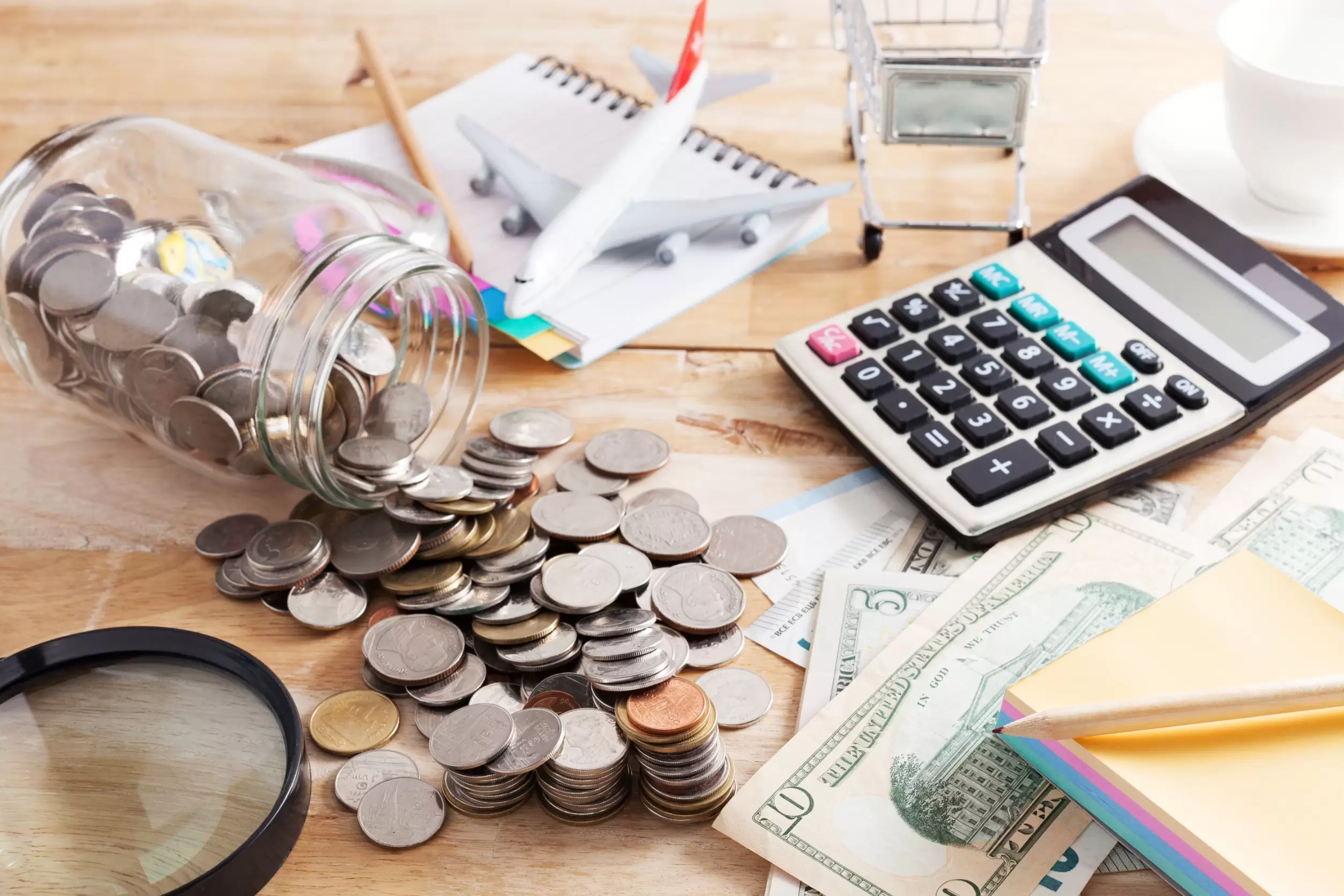
Not all debt is created equal. Follow the avalanche method where you pay off your debt with the highest interest rates first. This strategy saves you money over time. It also speeds up the overall debt repayment process.
4. Use the Snowball Method

Alternatively, to the avalanche method, the snowball method involves paying off debts from the smallest to the largest balance. This strategy can be motivating, as you see debts disappearing from your list more quickly.
Sometimes you just need the mental validation to see that your debt repayments are working. This strategy makes you feel accomplished as you work toward paying back what you owe.
5. Set Up an Emergency Fund
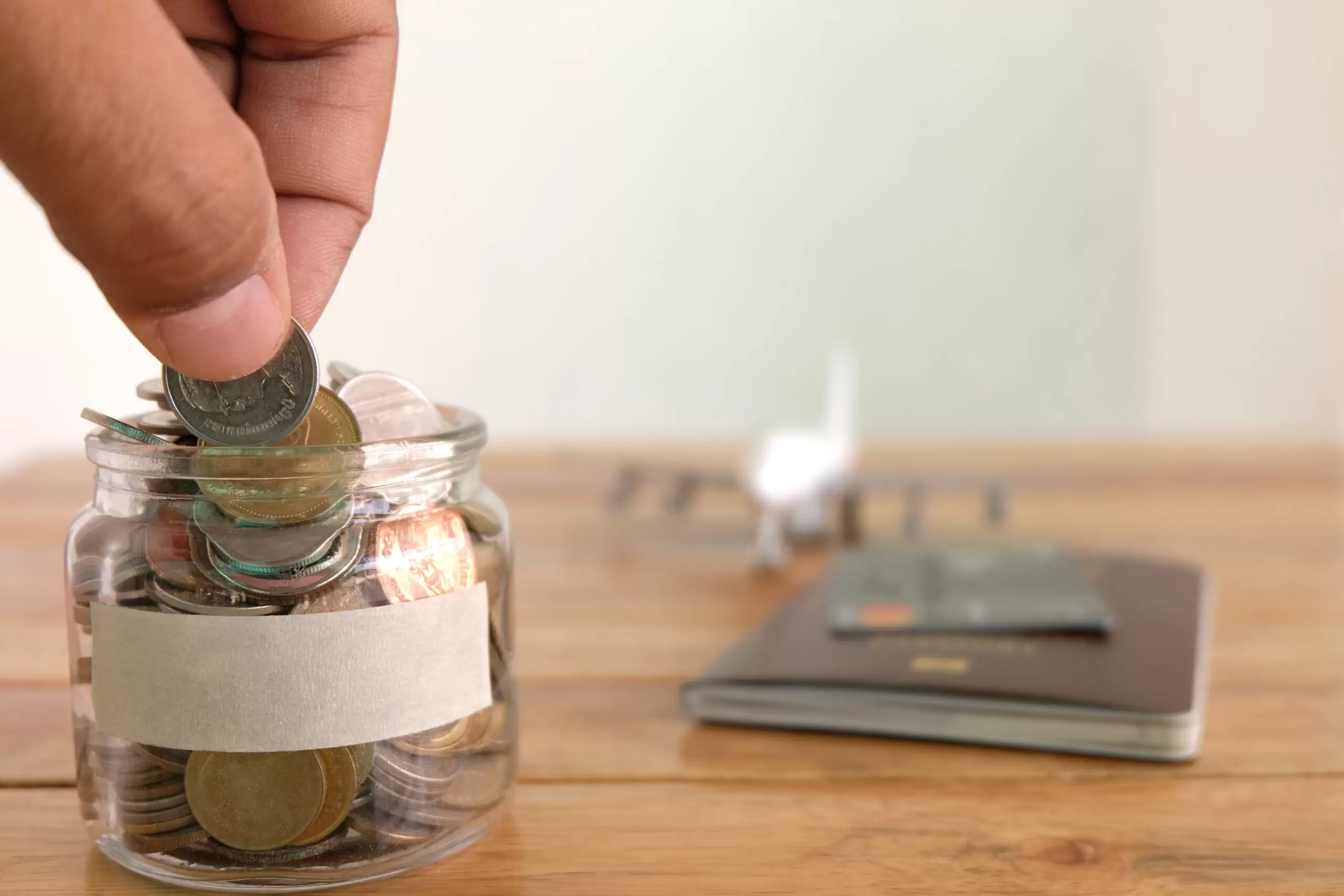
If you don’t have an emergency fund, now is a beautiful time to set one up. Before you start aggressively paying down debt, it’s important to set aside money for life’s unexpected curveballs.
Financial experts recommend having around at least $1,000 in your emergency fund. Once you’re out of debt, you can expand this fund to cover several months of living expenses.
6. Increase Your Income

Making more money is never a bad idea, especially if your goal is financial freedom. Look into a side hustle you can do in your spare time like freelance writing, dog walking, or selling your crafts online.
You can also ask for a raise at work if you feel you’ve been there long enough to earn one. Any extra money earned should be directed straight towards your debt repayment.
7. Cut Unnecessary Expenses
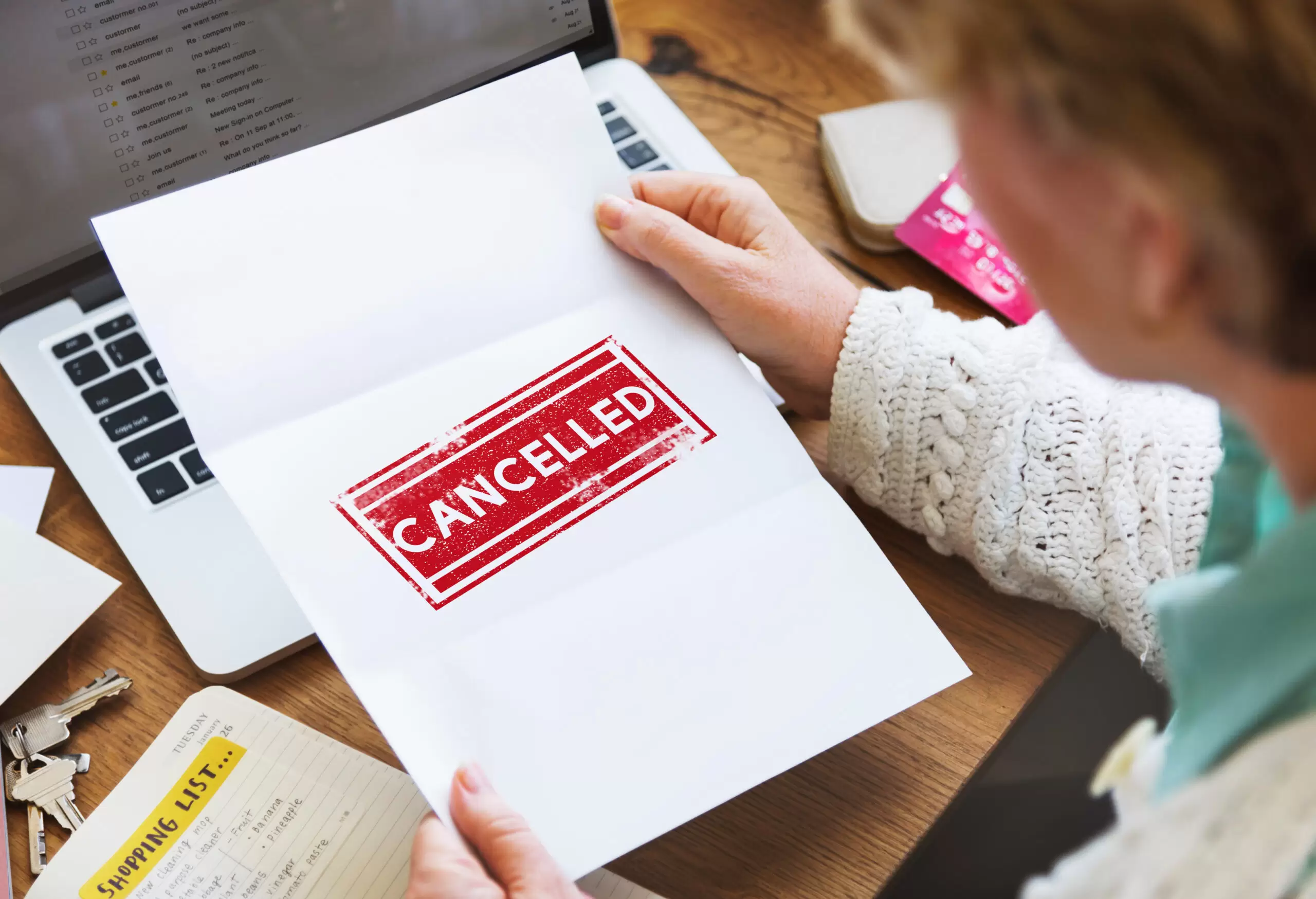
Do you really need every streaming service on the planet? Review your budget for areas in your monthly expenses where you can cut back.
Dining out and luxury purchases should also be reduced or eliminated. Redirecting these funds towards your debt can make a significant difference in how quickly you achieve financial freedom.
8. Consider Debt Consolidation

If you have multiple debts with high interest rates, consider consolidating them into a single loan with a lower interest rate. It will make it easier for you to pay back what you owe if it’s all in one place.
In the grand scheme of your finances, debt consolidation can significantly simplify your monthly payments. You’ll also cut down on the amount of interest you pay, making it easier to manage your finances.
9. Use Windfalls Wisely
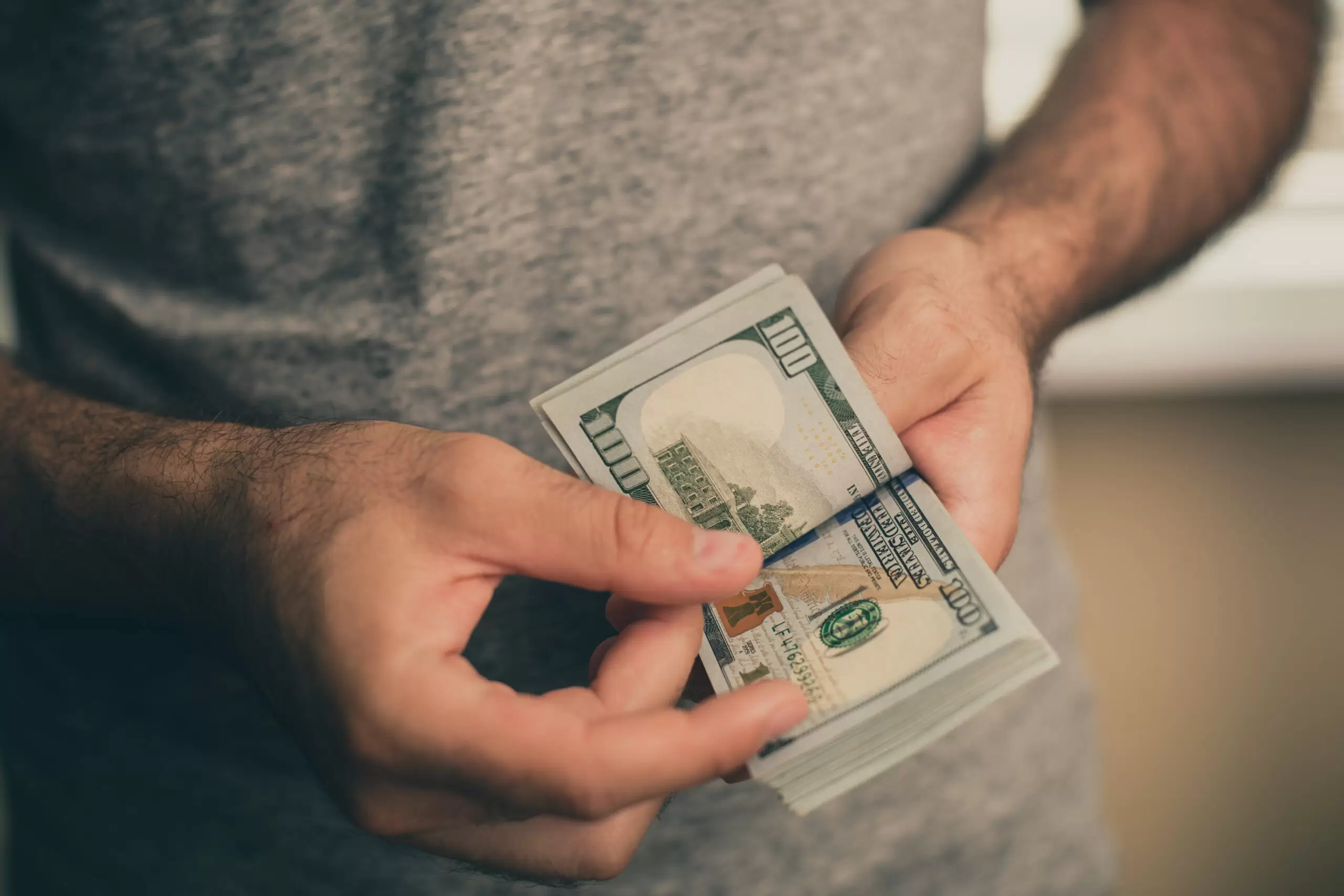
Any unexpected windfalls such as tax refunds, bonuses, or gifts should be used to pay down debt. Think of this as bonus money that can you get out of debt faster.
Don’t blow that extra money on a fancy sports car or a tropical vacation. While it can be tempting to spend this money on other things, applying it to your debt can have long-term benefits that far outweigh immediate gratification.
10. Renegotiate Interest Rates
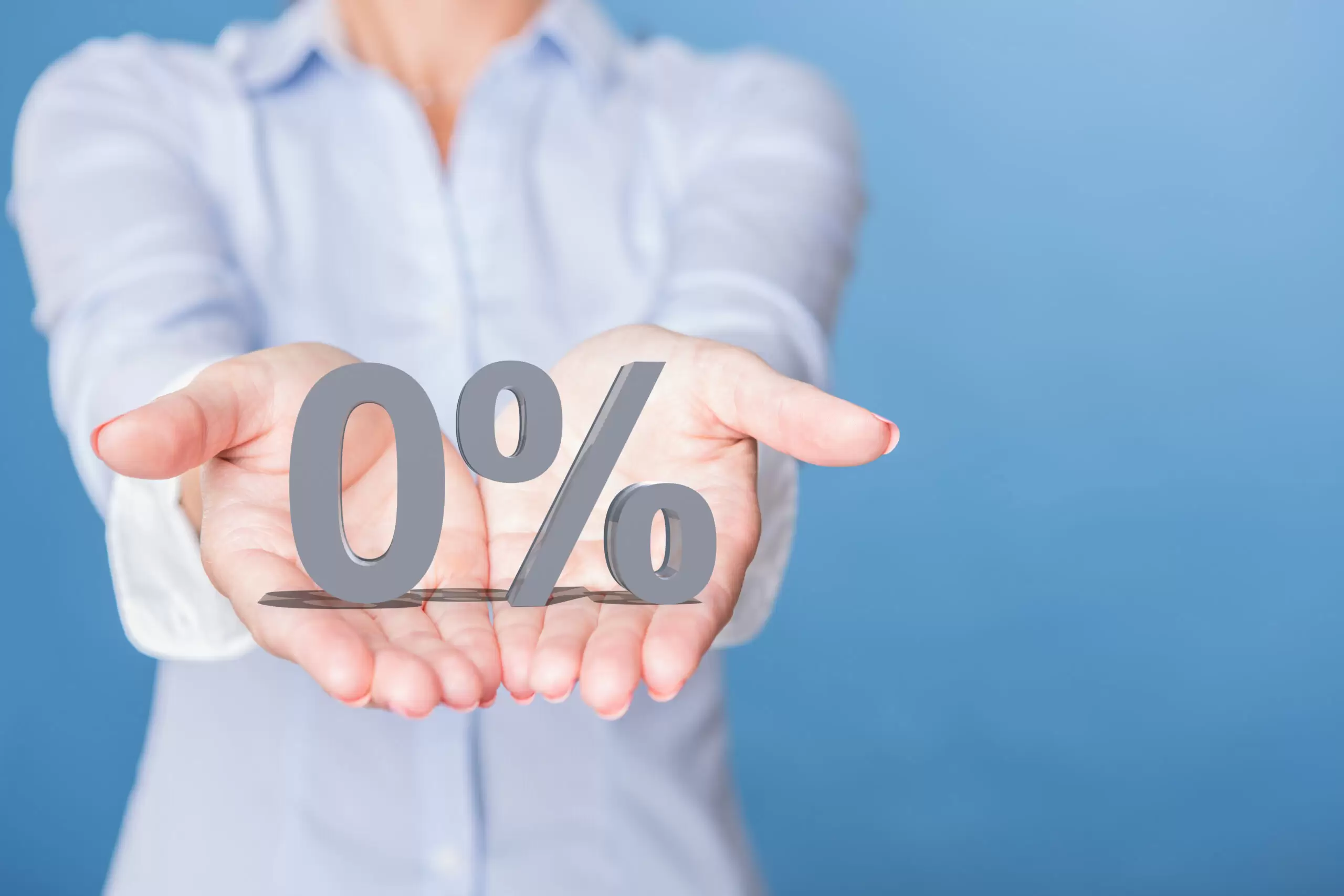
It never hurts to speak up and ask for what you need. Contact your creditors to negotiate lower interest rates on your debts.
Lower rates mean more of your payments go towards the principal rather than the interest, which can accelerate your debt payoff plan. Even a small reduction in rates can save a significant amount of money over time.
11. Stay Focused and Patient

Getting out of debt is a marathon, not a sprint. Stay focused on your long-term goal of financial freedom and be patient with your progress.
Be sure to regularly review your budget and progress along the way. Knowing where you’re at in the process helps you keep yourself accountable and motivated.
12. Avoid Accumulating New Debt
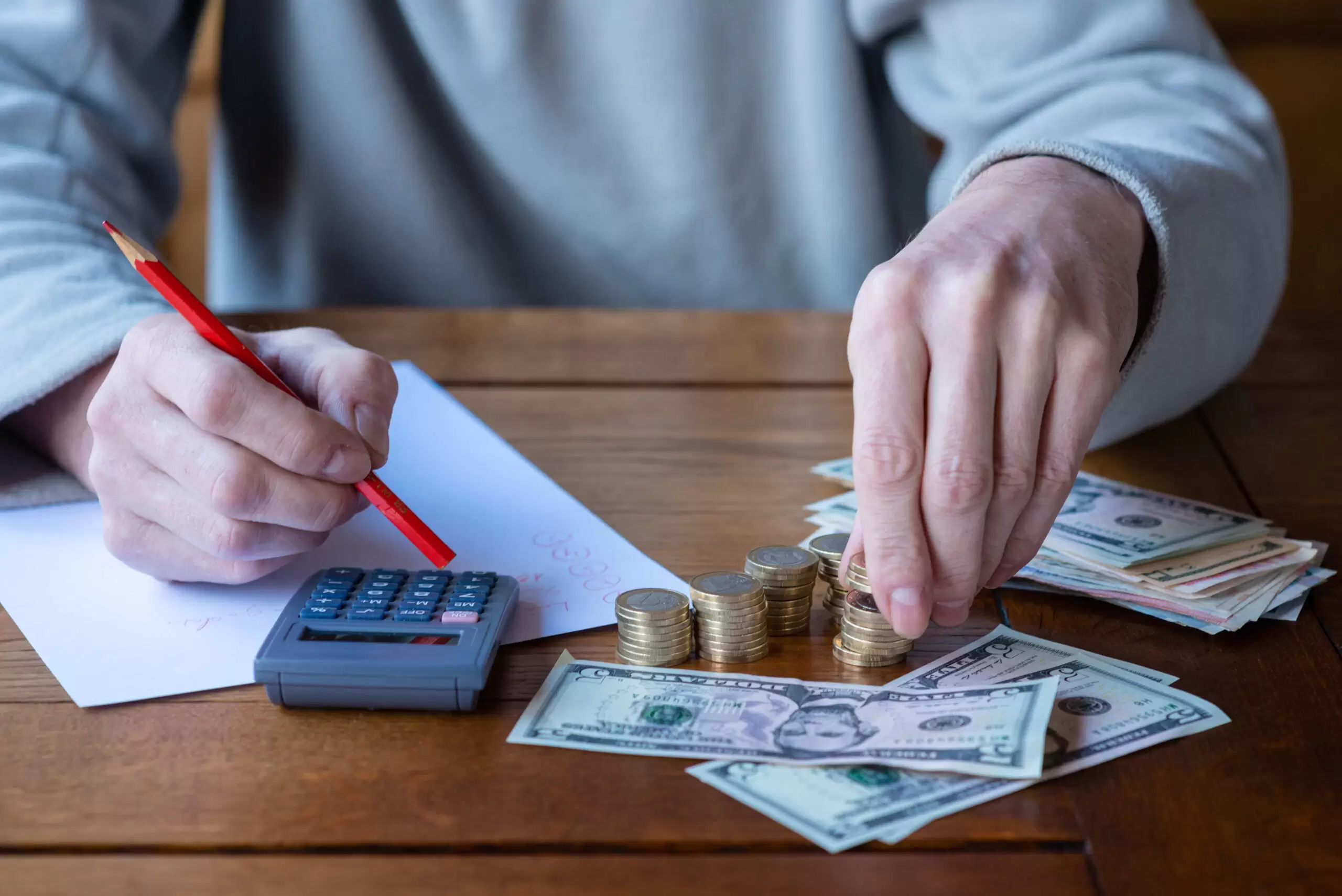
You shouldn’t be accumulating new debt. Focus on paying off your existing debts first before you take out any additional loans.
Resist the temptation to fall back into old spending habits. Stick to using cash or debit instead of credit and save up for big purchases instead of financing them.
Pay Your Debts
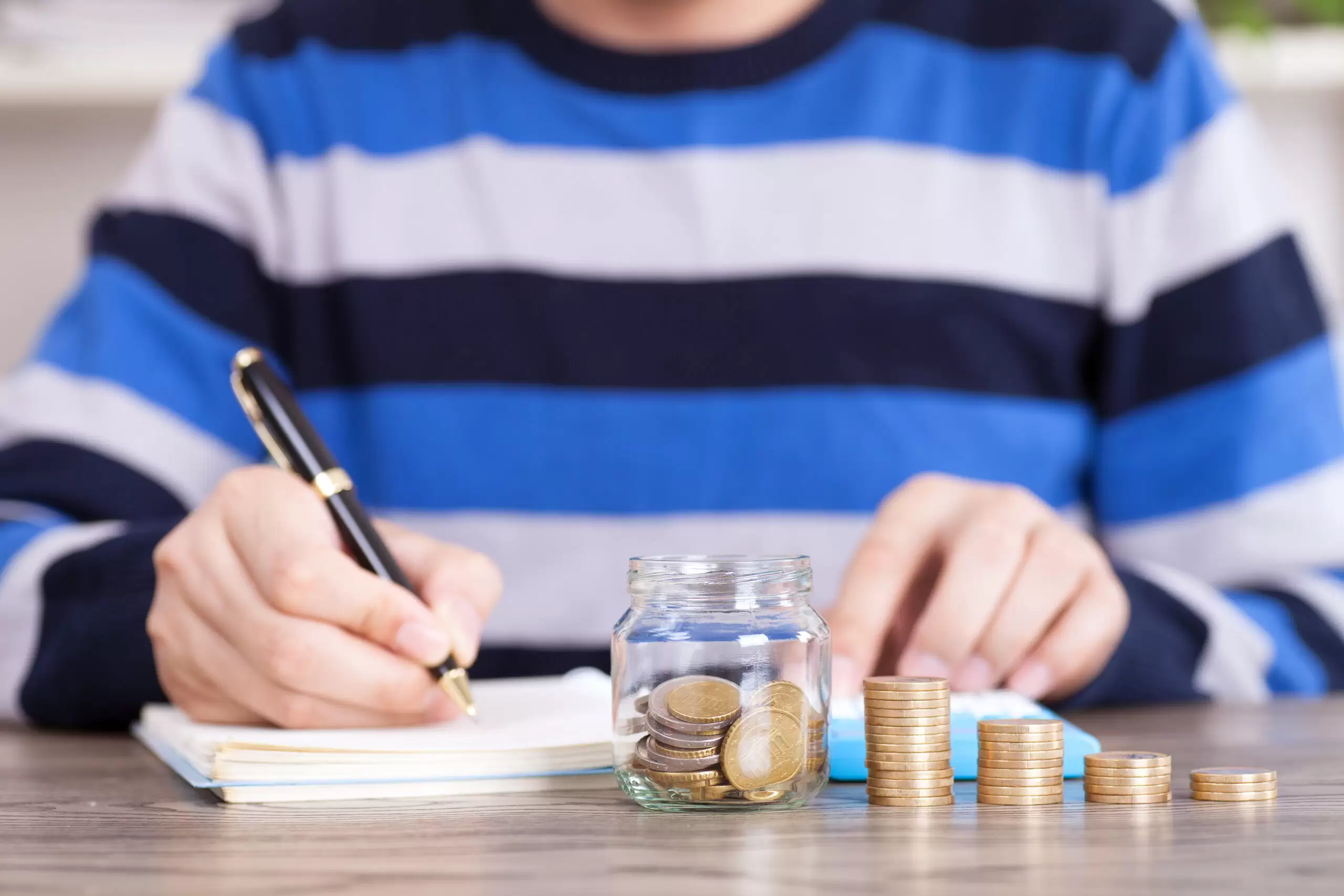
Getting out of debt requires money, discipline, and time, but the financial freedom you gain is well worth the effort. Try any of the steps listed here to get started, or if you’re feeling ambitious, try a few at the same time.
You will not only eliminate your current debt but also build a foundation for a secure financial future. Stay committed to your plan, and slowly but surely, you will see your debts diminish and your savings grow!
Read More:
Steer Clear of Debt by Avoiding These Bad Habits
How I Fell Into $40,000 of Debt and Eventually Got Out

Alyssa Serio has been a writer and editor since graduating from Aurora University in 2014. In her free time, she loves reading, playing volleyball, and watching any horror movie (even the bad ones) with her husband.

